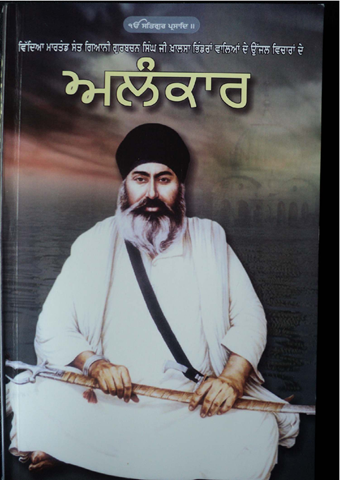NIJATULLAH SHAH, SAYYID, British news writer at the Sikh capital of Lahore. Press lists of old records refer to his news diaries which give an account of the political state of affairs in the kingdom. He reports the events at Peshawar, the withdrawal of the British garrison at Jalalabad, and the return of the British army from Kabul in 1842.
note
Explore the deeper meaning of Aarti in Hinduism and Sikhism, where true worship goes beyond rituals and embraces the beauty of nature and truth.
Explore the profound concept of Aatma and its connection to Paramaatma, God, and the transcendental self in Sikh and Hindu philosophies.
Explore the distinctive and largely unknown Sikh architectural style, with its rich history in gurdwaras, forts, and palaces, by S.S. Bhatti.
Discover the captivating history and architecture of Samman Burj, the octagonal Mughal marvel in Lahore Fort, known for its royal and administrative legacy.
Explore the profound concept of Aatma and its connection to Paramaatma, God, and the transcendental self in Sikh and Hindu philosophies.
Explore the deeper meaning of Aarti in Hinduism and Sikhism, where true worship goes beyond rituals and embraces the beauty of nature and truth.
Explore the profound concept of Aatma and its connection to Paramaatma, God, and the transcendental self in Sikh and Hindu philosophies.
Explore the deeper meaning of Aarti in Hinduism and Sikhism, where true worship goes beyond rituals and embraces the beauty of nature and truth.



